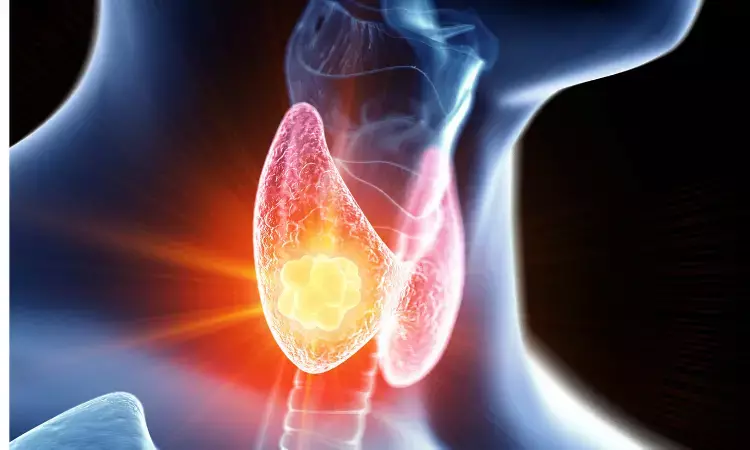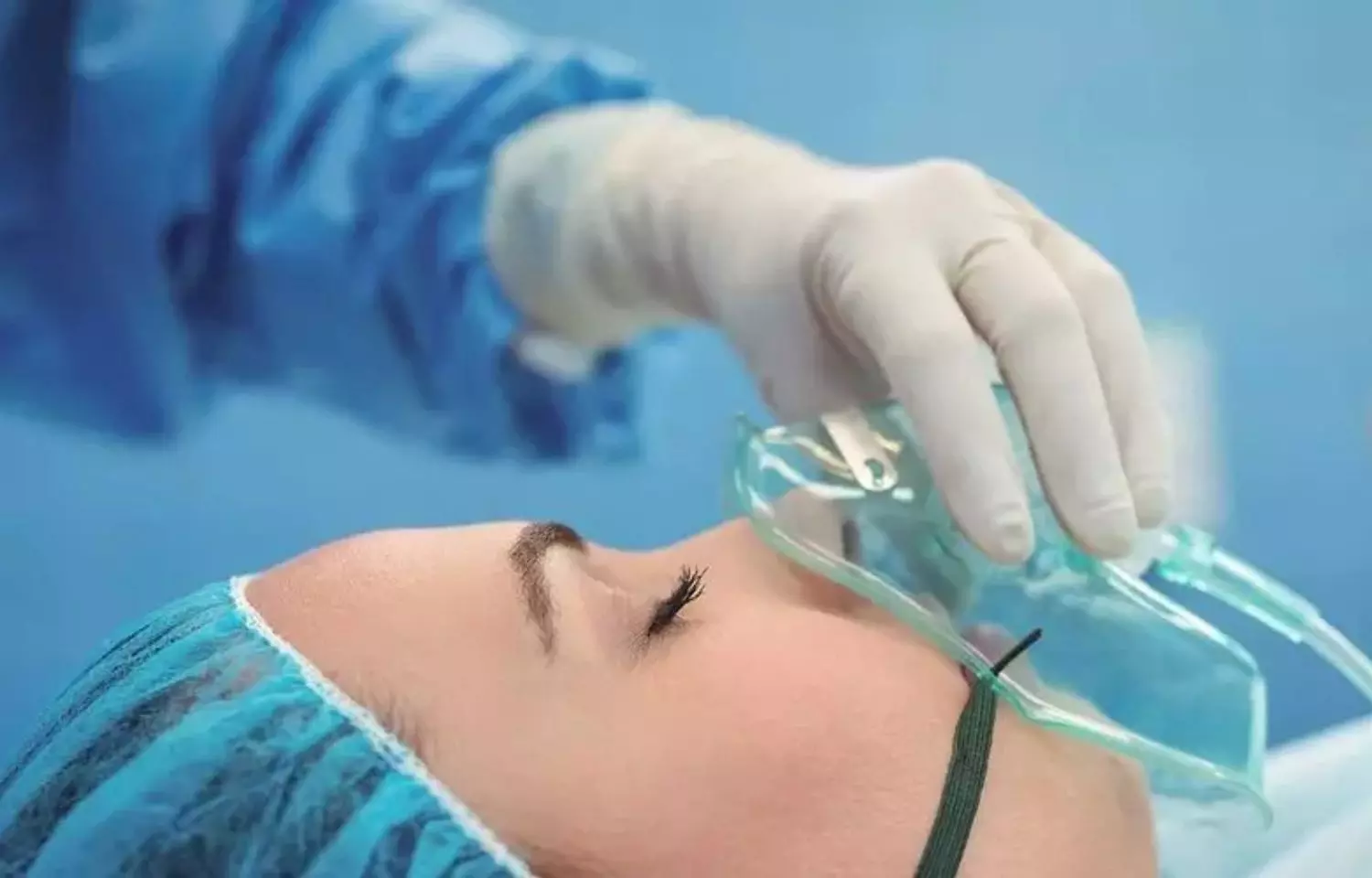- Home
- Medical news & Guidelines
- Anesthesiology
- Cardiology and CTVS
- Critical Care
- Dentistry
- Dermatology
- Diabetes and Endocrinology
- ENT
- Gastroenterology
- Medicine
- Nephrology
- Neurology
- Obstretics-Gynaecology
- Oncology
- Ophthalmology
- Orthopaedics
- Pediatrics-Neonatology
- Psychiatry
- Pulmonology
- Radiology
- Surgery
- Urology
- Laboratory Medicine
- Diet
- Nursing
- Paramedical
- Physiotherapy
- Health news
- Fact Check
- Bone Health Fact Check
- Brain Health Fact Check
- Cancer Related Fact Check
- Child Care Fact Check
- Dental and oral health fact check
- Diabetes and metabolic health fact check
- Diet and Nutrition Fact Check
- Eye and ENT Care Fact Check
- Fitness fact check
- Gut health fact check
- Heart health fact check
- Kidney health fact check
- Medical education fact check
- Men's health fact check
- Respiratory fact check
- Skin and hair care fact check
- Vaccine and Immunization fact check
- Women's health fact check
- AYUSH
- State News
- Andaman and Nicobar Islands
- Andhra Pradesh
- Arunachal Pradesh
- Assam
- Bihar
- Chandigarh
- Chattisgarh
- Dadra and Nagar Haveli
- Daman and Diu
- Delhi
- Goa
- Gujarat
- Haryana
- Himachal Pradesh
- Jammu & Kashmir
- Jharkhand
- Karnataka
- Kerala
- Ladakh
- Lakshadweep
- Madhya Pradesh
- Maharashtra
- Manipur
- Meghalaya
- Mizoram
- Nagaland
- Odisha
- Puducherry
- Punjab
- Rajasthan
- Sikkim
- Tamil Nadu
- Telangana
- Tripura
- Uttar Pradesh
- Uttrakhand
- West Bengal
- Medical Education
- Industry
Dose Escalation of Lenvatinib effective for Differentiated Thyroid Carcinoma, study finds

Dose escalation of Lenvatinib has successfully been used to treat Differentiated Thyroid carcinoma (DTC) based on a study that was published in the journal, Endocrine.
Dose Escalation (DE) is a process where the dose of the drug is increased to reach the anti-tumor effect after dose reduction. This is done when there are few drugs available for treatment and when treatment is continued with one agent. Lenvatinib is started at a standard dose for the treatment of thyroid cancer and by balancing between efficacy and the adverse events, dose reduction or dose interruption is done.
Masaki et al from Ito hospital, Japan conducted a study to check the efficacy of Lenvatinib DE in DTC patients using the serum thyroglobulin (Tg) level. They also investigated the management of adverse events.
Results:
- In the study, 70 DE episodes in 33 patients were investigated.
- The median increased dose was 2.0 (1.0–14.0) mg, increased from 8.6 (2–16) mg to 10.1 (6–24) mg.
- In 53 DE episodes, serum Tg level was decreased.
- Serum Tg level in 17 DE episodes was not decreased, the Tg rate of increase was decreased in 7 of these DE episodes using the Tg-doubling rate.
- In 60 (86%) DE episodes, clinical benefit was seen.
- In 16% of cases, AEs that could not be controlled after DEs were seen.
- In patients who received more drug holidays at the time of DEs, no intolerable AEs were observed compared to two times before the DEs.
Thus, the researchers concluded that, in the case of properly managed AEs, DE may become one of the standard treatment strategies after disease progression. With increasing Tg levels, DE can be useful for controlling the progressive disease. They further added that for successful control of AEs with DE, drug holidays may be the key for management.
For the full article, click here: https://doi.org/10.1007/s12020-022-03117-5
BDS, MDS
Dr.Niharika Harsha B (BDS,MDS) completed her BDS from Govt Dental College, Hyderabad and MDS from Dr.NTR University of health sciences(Now Kaloji Rao University). She has 4 years of private dental practice and worked for 2 years as Consultant Oral Radiologist at a Dental Imaging Centre in Hyderabad. She worked as Research Assistant and scientific writer in the development of Oral Anti cancer screening device with her seniors. She has a deep intriguing wish in writing highly engaging, captivating and informative medical content for a wider audience. She can be contacted at editorial@medicaldialogues.in.
Dr Kamal Kant Kohli-MBBS, DTCD- a chest specialist with more than 30 years of practice and a flair for writing clinical articles, Dr Kamal Kant Kohli joined Medical Dialogues as a Chief Editor of Medical News. Besides writing articles, as an editor, he proofreads and verifies all the medical content published on Medical Dialogues including those coming from journals, studies,medical conferences,guidelines etc. Email: drkohli@medicaldialogues.in. Contact no. 011-43720751




